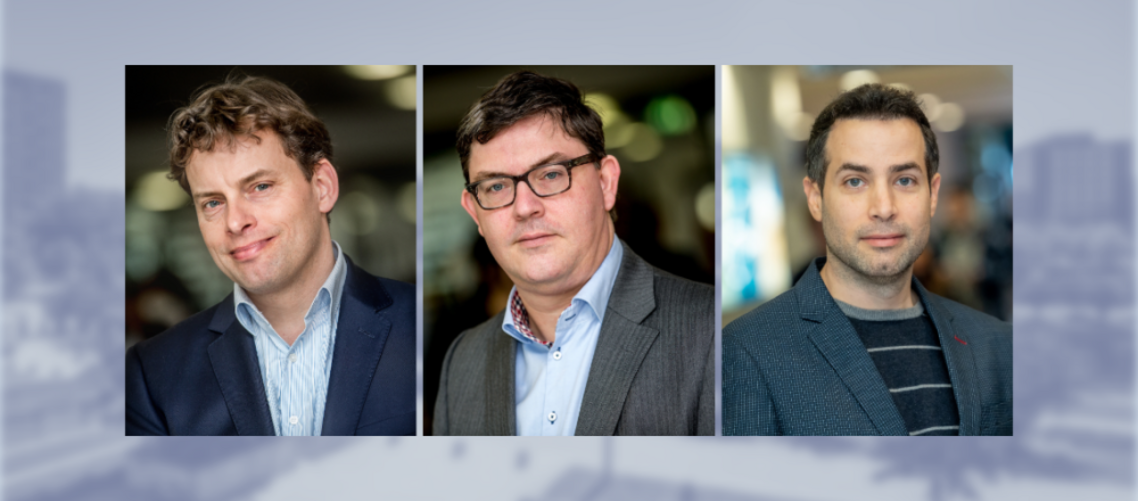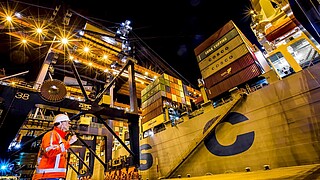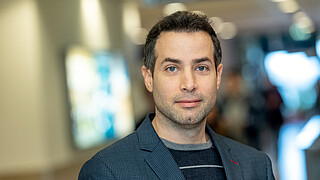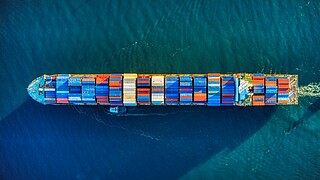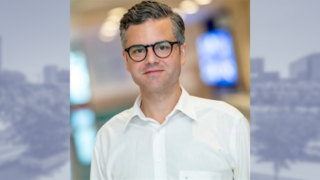The project involves three Dutch universities: TU Delft, Leiden University, and RSM and the Erasmus School of Economics at Erasmus University Rotterdam. RSM researchers involved in the project are Prof. Rob Zuidwijk, Dr Ioannis Fragkos, and Prof. Albert Veenstra. There’s room in the budget for recruiting two PhD students and a post-doctoral researcher within Erasmus University Rotterdam. Project lead is Dr Frederik Schulte of the Department of Maritime and Transport Technology at Delft University of Technology.
Funding for the project PortCall.Zero comes from the NWO’s Perspectief 2023-2024 for technological innovations that provide answers to societal challenges with intended national and/or global impact. The project budget includes co-funding from participating companies.
Reducing port emissions
European seaports must achieve net zero emissions by 2050, and a 55 per cent reduction by 2030 as mandated by the European Green Deal. The Port Call for Net Zero project will focus on emissions that come from the three-part ‘port call’ process in international shipping – arrival at the port, berthing and cargo operations, and departure
“To help reduce the port emissions stemming from the port call process, new methods are urgently needed for coordinated decision-making and net-zero strategies. Current methods lack integrated planning, data sharing, and do not sufficiently address uncertainties from shore power and new fuels,” said Prof. Rob Zuidwijk.
Integrated planning for ships at port
The project will develop AI methods to manage these complexities and uncertainties, aiming to decarbonise the port call process. Achieving the goal of net-zero port operations requires smart, coordinated decision-making for the complete process of vessels calling at port, including loading and unloading, maintenance and refuelling, and departure. It involves dozens of parties, so the aim is for the PortCall.Zero researchers to develop artificial intelligence approaches for integrated planning.
RSM researchers will focus on modelling and developing AI methods, optimising and anticipating port calls, while considering opportunities and barriers to decarbonising port calls. They will take into account sustainability measures, such as new onshore power installations and the integration of renewable fuels. These ideas will be demonstrated in the ports of Rotterdam and Moerdijk while their associated economic viability, operations and governance will be evaluated.
